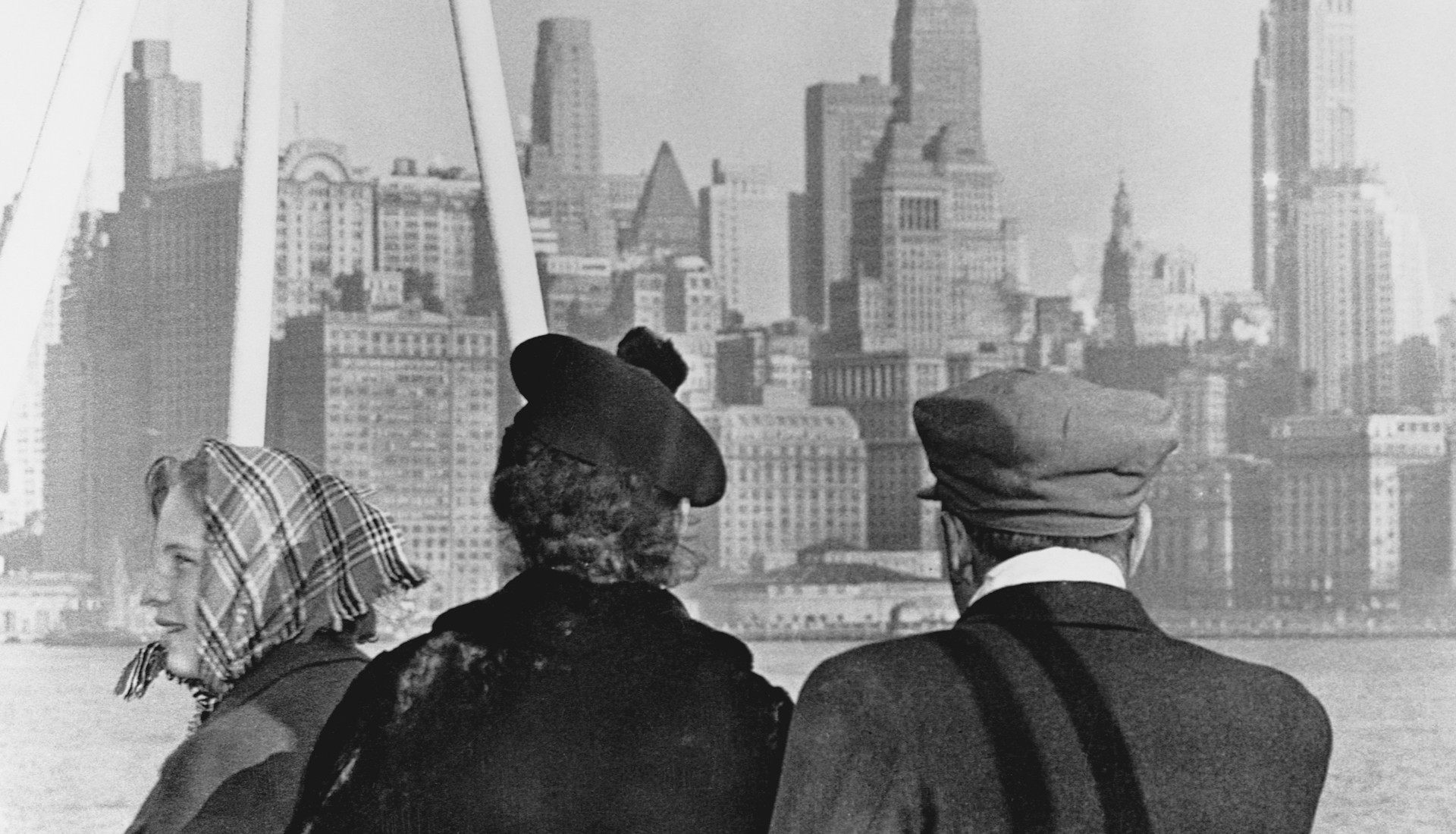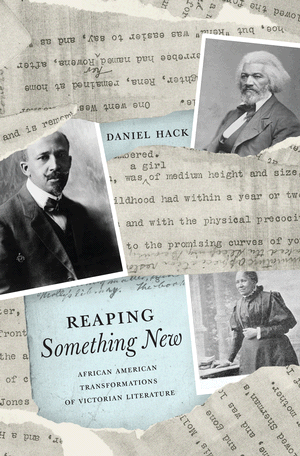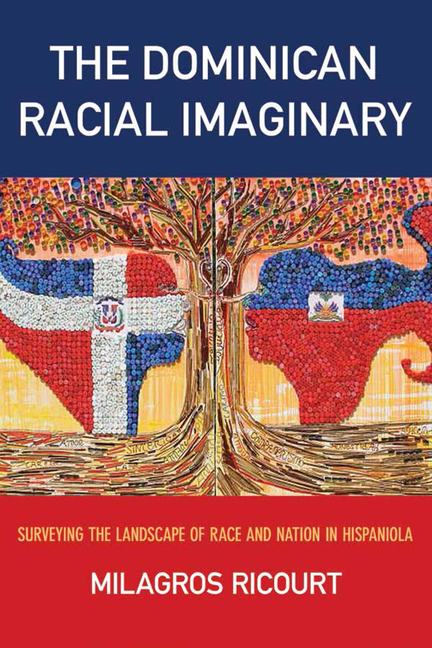‘The Sympathizer,’ by Viet Thanh NguyenPosted in Articles, Asian Diaspora, Book/Video Reviews, Media Archive, United States on 2016-11-03 01:33Z by Steven |
‘The Sympathizer,’ by Viet Thanh Nguyen
Book Review
The New York Times
2015-04-02
The more powerful a country is, the more disposed its people will be to see it as the lead actor in the sometimes farcical, often tragic pageant of history. So it is that we, citizens of a superpower, have viewed the Vietnam War as a solely American drama in which the febrile land of tigers and elephants was mere backdrop and the Vietnamese mere extras.
That outlook is reflected in the literature — and Vietnam was a very literary war, producing an immense library of fiction and nonfiction. Among all those volumes, you’ll find only a handful (Robert Olen Butler’s “A Good Scent From a Strange Mountain” comes to mind) with Vietnamese characters speaking in their own voices.
Hollywood has been still more Americentric. In films like “Apocalypse Now” and “Platoon,” the Vietnamese (often other Asians portraying Vietnamese) are never more than walk-ons whose principal roles seem to be to die or wail in the ashes of incinerated villages.
Which brings me to Viet Thanh Nguyen’s remarkable debut novel, “The Sympathizer.” Nguyen, born in Vietnam but raised in the United States, brings a distinct perspective to the war and its aftermath. His book fills a void in the literature, giving voice to the previously voiceless while it compels the rest of us to look at the events of 40 years ago in a new light…
…Duality is literally in the protagonist’s blood, for he is a half-caste, the illegitimate son of a teenage Vietnamese mother (whom he loves) and a French Catholic priest (whom he hates). Widening the split in his nature, he was educated in the United States, where he learned to speak English without an accent and developed another love-hate relationship, this one with the country that he feels has coined too many “super” terms (supermarkets, superhighways, the Super Bowl, and so on) “from the federal bank of its narcissism.”…
Read the entire review here.



